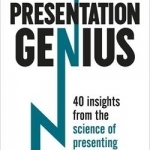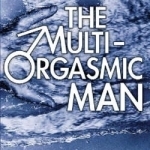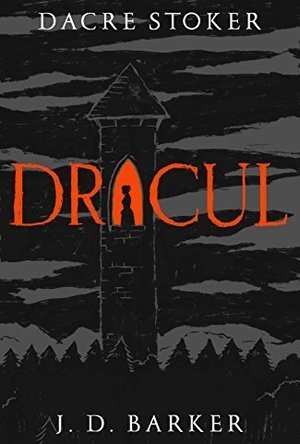
Integrated Vehicle Health Management: Business Case Theory and Practice
S.A.E. International and Ian K. Jennions
Book
Following the best seller, Integrated Vehicle Health Management: Perspectives on an Emerging Field ,...
This is a prequel to Bram Stokers Dracula, and is the story of Bram himself. It postulates that Dracula and vampires really do exist, Bram and his family had an intimate relationship with one (not like THAT!), and Dracula was written as a warning about the Undead. Well, I clearly don't know what to believe now!
The language used in this novel is a little more up to date than Bram Stokers original: it's written for the modern reader (as Bram's was at the time, I suppose), and is consequently much easier to read. This book is supposedly based on notes that Bram left behind - whether they were ideas for another book, or they were 'actual occurrences', we'll never really know.
Bram and his family are followed from Bram's early childhood, up until well after their encounter with Dracul. It's exciting, there's loads of action, and I had some serious worries about Bram's siblings! There's loads of historical detail (potato famine in Ireland, disease, poverty) which I rather enjoyed. But it's the encounters with the vampires that I really loved. There's always going to be someone that makes the comparison to 'that' vampire series, and so I'll be the one. There IS NO comparison. These aren't nicey-nicey vampires who sparkle. These are largely speaking, evil, dark-magic-using, killing machines. Much more fun.
I think this is probably going to be a series. Which I will obviously be reading. Obviously.
Many thanks to NetGalley and the publisher for my copy of this book.

Presentation Genius: 40 Insights from the Science of Presenting
Book
The fast-track MBA in presenting Imagine having instant access to the world's smartest thinking on...

Project Management 2.0
Book
Get connected and improve outcomes with a more modern approach to project management Project...

Hearing from God Each Morning
Book and Education
App
In the hustle and bustle of today's busy world, sometimes it's hard enough to hear yourself think,...
Resilience, Environmental Justice and the City
Beth Shaefer Caniglia, Beatrice F. Frank and Manuel Vallee
Book
Urban centers are bastions of inequalities, where poverty, marginalization, segregation and health...

Pro WF: Windows Workflow in .NET 4
Book
Windows Workflow Foundation (WF) is a revolutionary part of the .NET 4 Framework that allows you to...

The Multi-Orgasmic Man: Sexual Secrets Every Man Should Know
Mantak Chia and Douglas Abrams Arava
Book
Every man can have multiple orgasms - and can directly improve his lovemaking skills - just by...

Slipknot: All Hope Is Gone
Book
In 2001, Slipknot Unmasked was the very first biography of a heavy metal phenomenon: a band who...

Willpower For Dummies
Book
Develop rock-solid willpower with evidence-based techniques Willpower For Dummies shows you how to...


Ross (3284 KP) Dec 11, 2018
ClareR (6062 KP) Dec 11, 2018